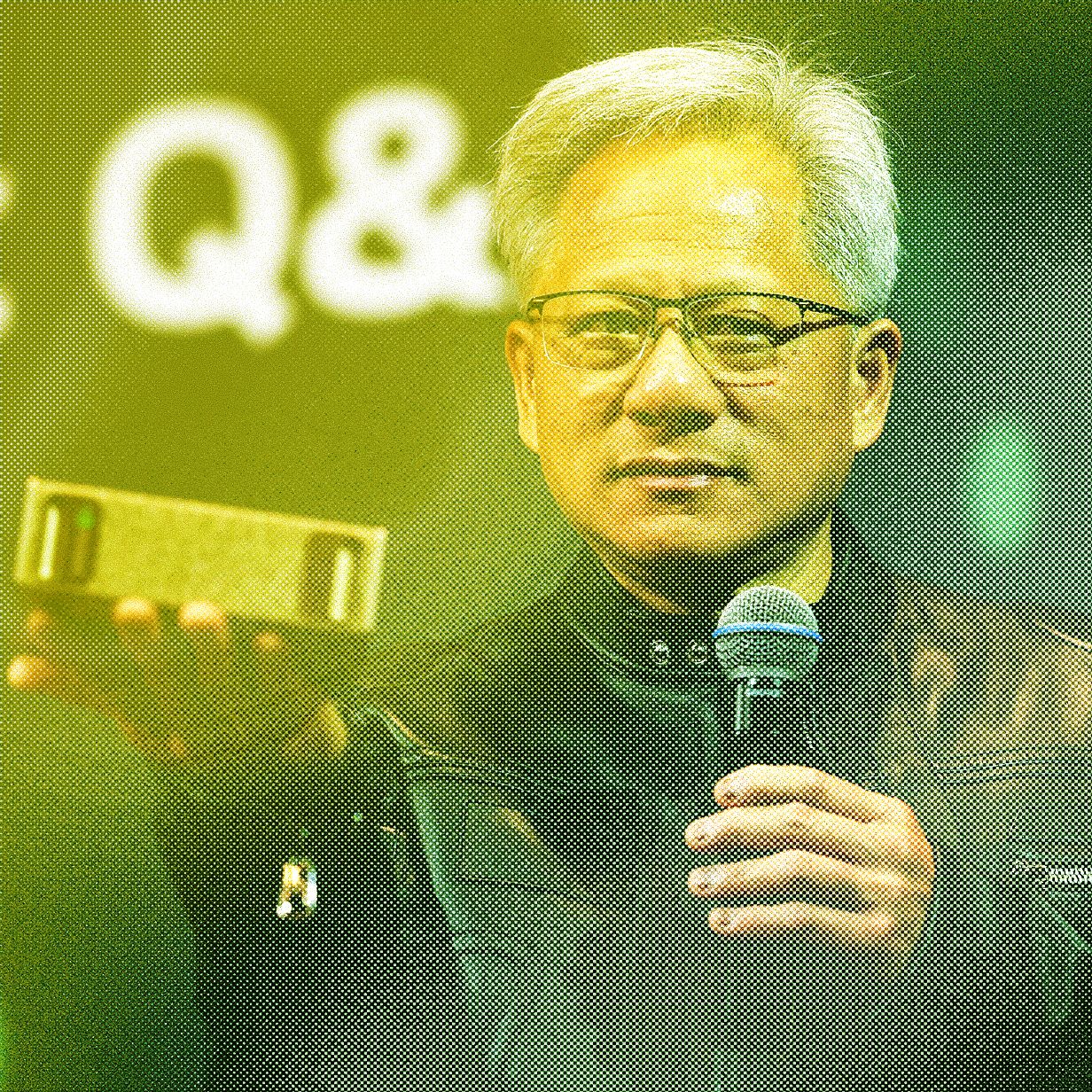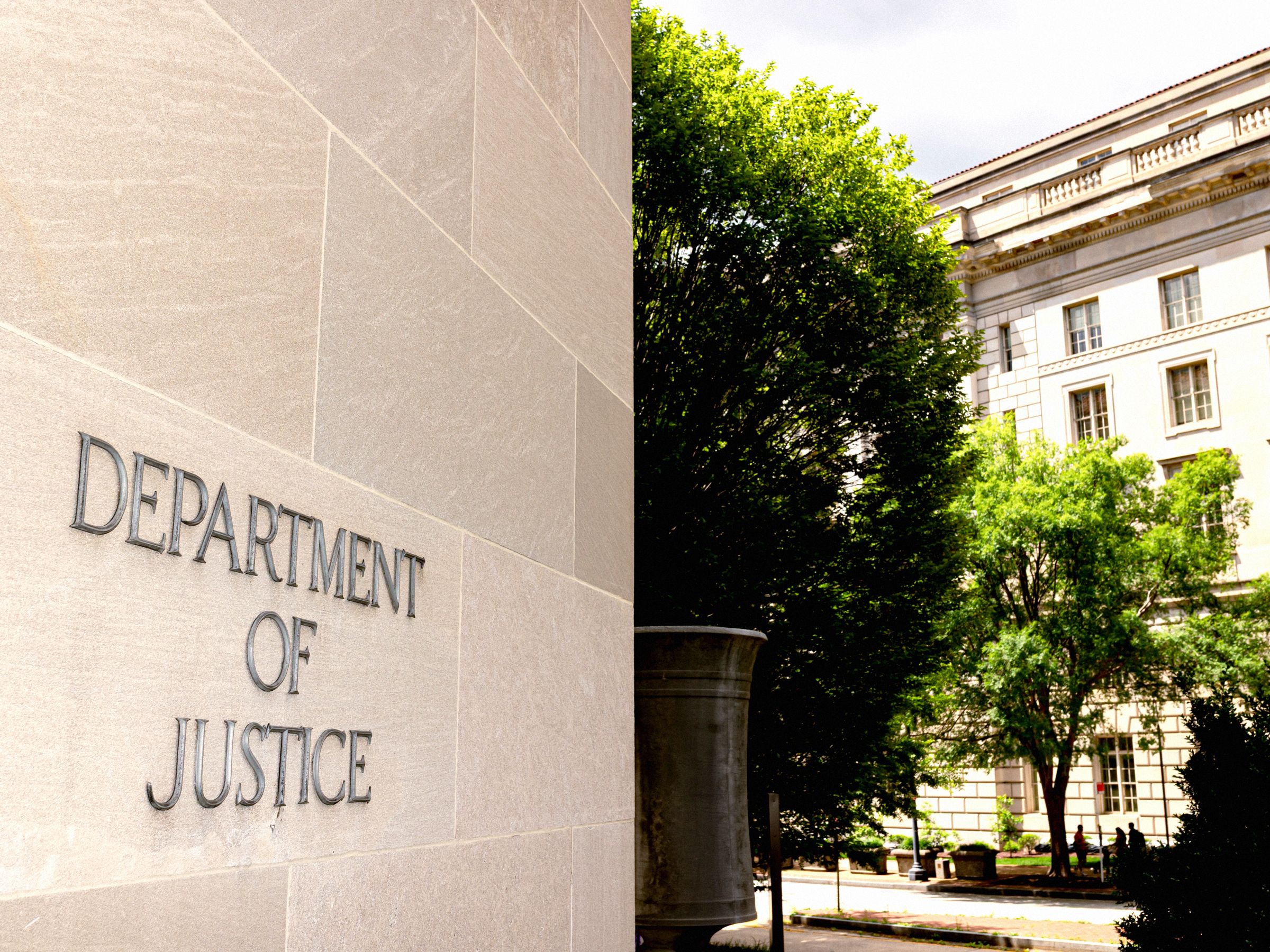Inside the Biden Administration’s Gamble to Freeze China’s AI Future
Inside the Biden Administration’s Gamble to Freeze China’s AI Future
The Biden administration has taken a bold stance on China’s artificial intelligence (AI) advancements, implementing measures to restrict the country’s access to American technology and expertise in the field.
This move is seen as a gamble, with the potential to slow down China’s rapid progress in AI development, but also risking retaliation and escalating tensions between the two superpowers.
Experts are divided on the effectiveness of this strategy, some arguing that it could give the US a strategic advantage in the long run, while others warn of the consequences of cutting off collaboration and innovation in a globalized world.
The decision comes as part of a broader effort by the Biden administration to address national security concerns related to China’s technological advancements, including issues of data privacy, surveillance, and intellectual property theft.
China has become a global leader in AI research and application, with companies like Huawei and Tencent investing heavily in cutting-edge technologies such as facial recognition, autonomous vehicles, and machine learning algorithms.
The US government’s move to restrict China’s access to AI technologies is aimed at protecting American interests and preventing China from surpassing the US in this crucial area of innovation.
However, critics argue that this approach could backfire, pushing China to develop its own indigenous technologies and potentially leading to a more fragmented and competitive global AI landscape.
As the Biden administration continues to navigate its complex relationship with China, the future of AI cooperation and competition between the two countries remains uncertain.
Only time will tell whether this gamble will pay off in the long term, or if it will further strain the already tense relationship between the world’s two largest economies.




